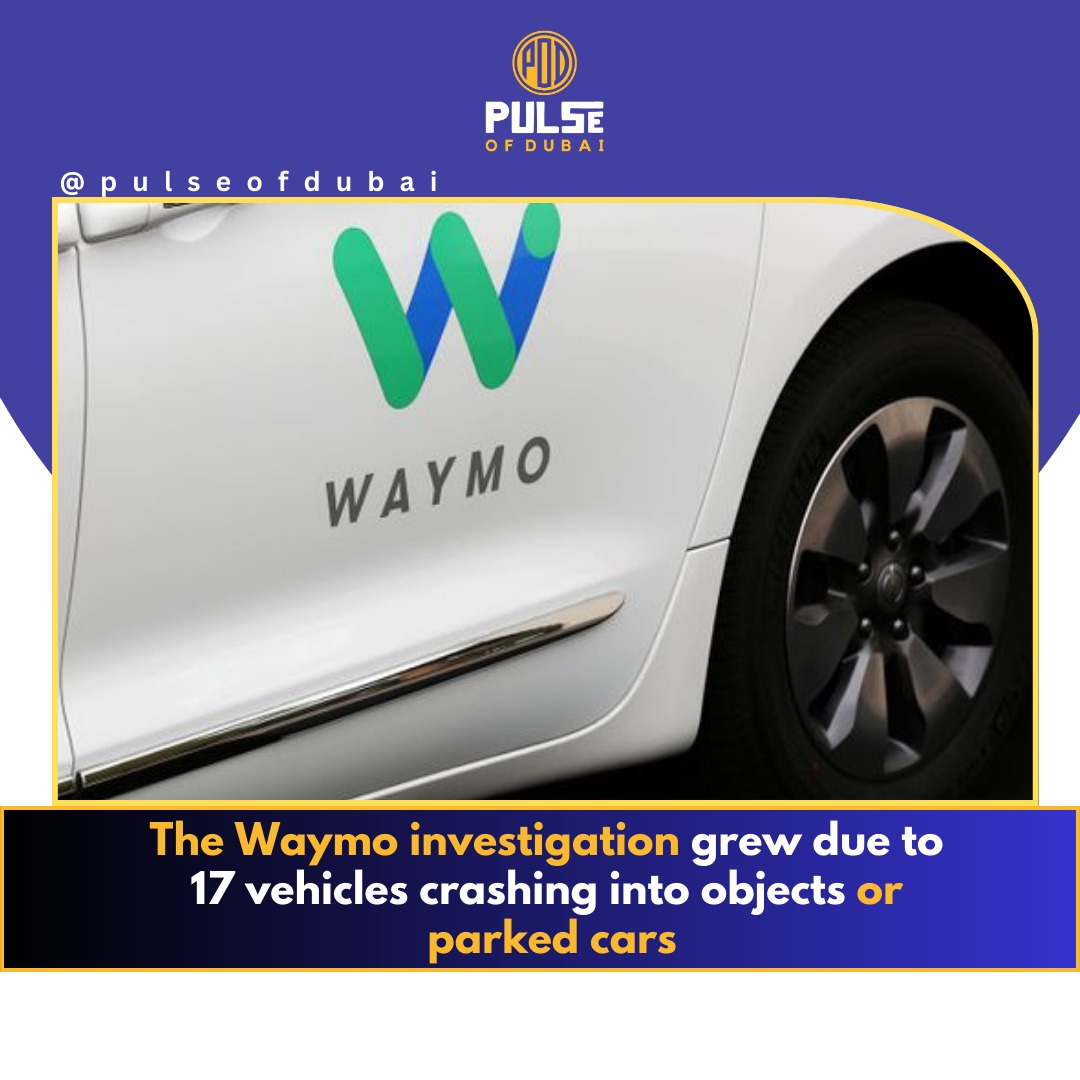The investigation into Alphabet’s autonomous driving subsidiary, Waymo, has widened following a series of incidents involving its self-driving vehicles. Reports indicate that a total of 17 vehicles have been involved in collisions with objects and parked cars, prompting concerns about the safety and reliability of Waymo’s technology.
Waymo, a pioneer in the development of autonomous vehicle technology, has been at the forefront of efforts to bring self-driving cars to the market. Its vehicles use advanced sensors, cameras, and artificial intelligence algorithms to navigate roads and make driving decisions without human intervention. The company has conducted extensive testing on public roads, with the goal of achieving widespread adoption of autonomous transportation.
However, recent incidents involving Waymo’s vehicles have raised questions about the effectiveness of its technology and the readiness of autonomous vehicles for real-world conditions. The collisions with objects and parked cars suggest potential issues with the vehicles’ perception systems, which are responsible for identifying and responding to obstacles in their environment.
The expanded investigation into Waymo’s operations is likely to focus on several key areas. Firstly, authorities will seek to determine the root causes of the incidents, including whether they were the result of technical malfunctions, human error, or other factors. This may involve a thorough analysis of the vehicles’ sensor data, onboard systems, and operational procedures.
Additionally, regulators may examine Waymo’s safety protocols and procedures for testing autonomous vehicles on public roads. Ensuring the safety of both occupants and other road users is paramount, and any deficiencies in Waymo’s practices will need to be addressed to prevent future accidents.
The outcome of the investigation could have significant implications for the development and deployment of autonomous vehicles more broadly. As other companies continue to invest in self-driving technology, the findings from Waymo’s case may inform industry-wide standards and regulations governing autonomous transportation.
Despite the challenges posed by the recent incidents, Waymo remains committed to advancing its autonomous driving technology. The company has stated that safety is its top priority and that it will cooperate fully with authorities to address any concerns raised during the investigation. Waymo’s continued efforts to improve its systems and address safety issues will be closely watched as the autonomous vehicle industry continues to evolve.
In conclusion, the expansion of the investigation into Alphabet’s Waymo underscores the complexities and challenges associated with the development of autonomous driving technology. While self-driving cars hold the promise of safer and more efficient transportation, ensuring their reliability and safety remains a critical priority for regulators, industry stakeholders, and the public alike.









